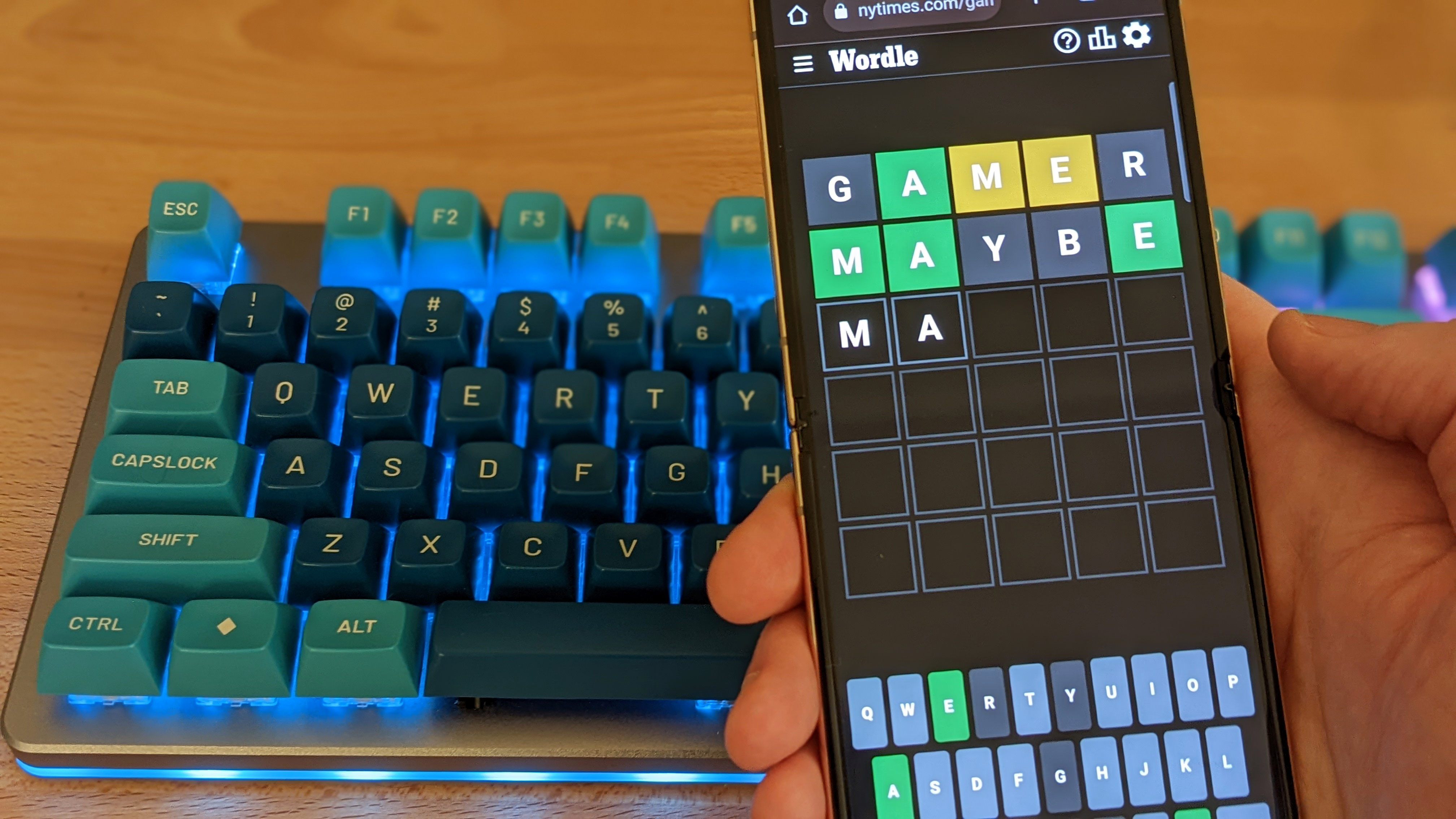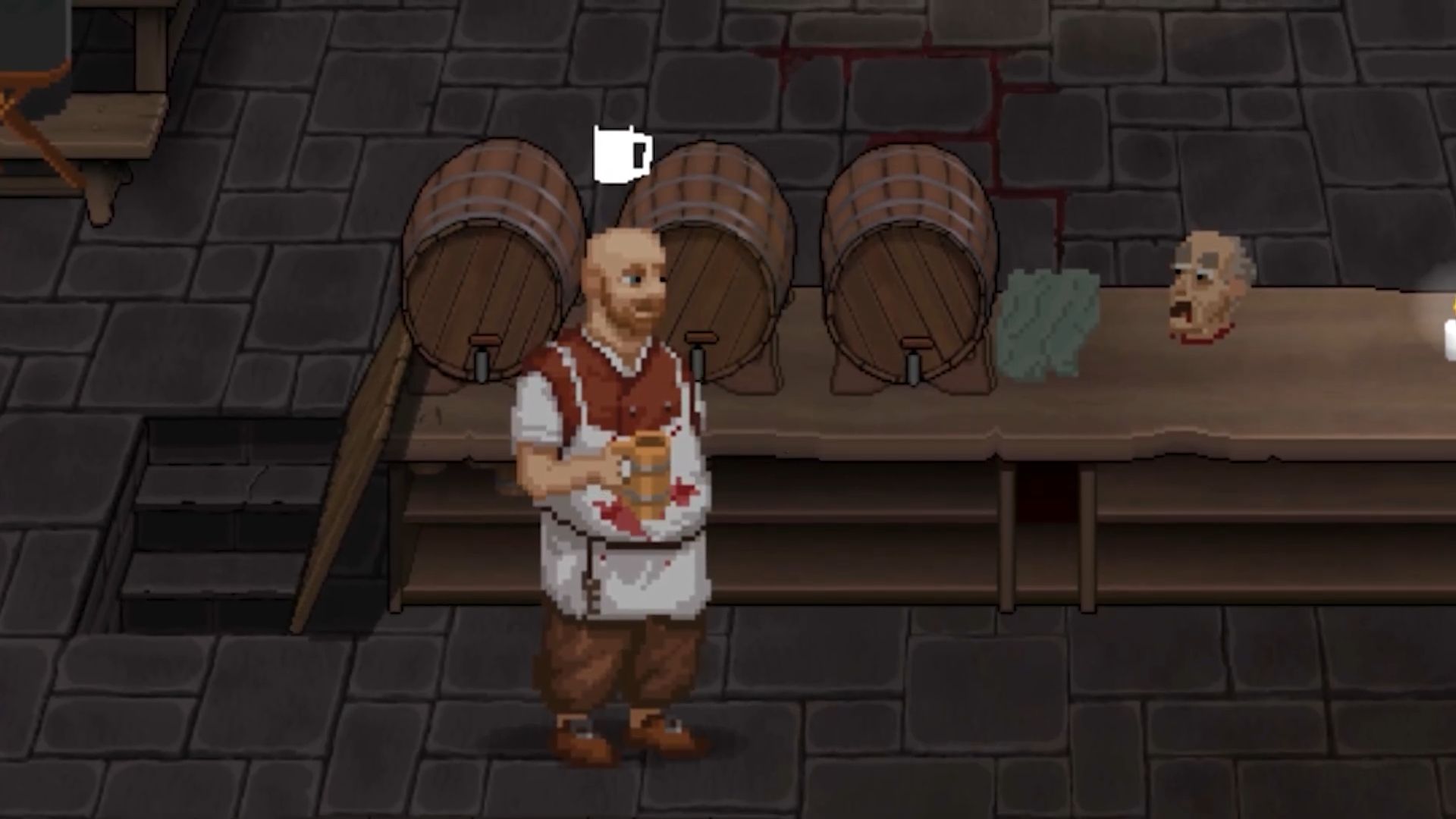
This is an advanced spoiler-free review of The Witcher: Blood Origin miniseries, arriving on Netflix on December 25, 2022.
Following the recent news that Henry Cavill is leaving The Witcher after its third season airs in 2023 on Netflix (Liam Hemsworth will take over the titular role in Season 4), it’s easy to assume that the popular fantasy franchise could be on the decline. However, Netflix proves that there’s still plenty of enjoyable stories to tell set in author Andrzej Sapkowski’s imaginative universe with its entertaining prequel miniseries, The Witcher: Blood Origin. Set 1200 years prior to the adventures of Geralt of Rivia, in a time before monsters and humans roamed The Continent, Blood Origin packs a powerful punch, with a captivating band of misfits wonderfully reminiscent of the popular American western films, The Magnificent Seven.
Blood Origin’s story excels in its buildup to the Conjunction of Spheres and the creation of the first prototype Witcher more than the actual payoff in the end. Some of the story is hampered by the political machinations in the ancient city of Xin-Trea (sin-tray-ya), where young princess Merwyn (Mirren Mack) and low-born sorcerer Balor (Lenny Henry) conspire to obtain the ultimate power in The Continent. We’ll let you discover what that power is for yourself and why the Golden Empire desires it. While Mack and Henry deliver fine performances throughout, their characters lack the dynamism and development of our band of misfits.
What We Said About The Witcher Season 2
IGN’s Kat Bailey gave The Witcher Season 2 a 7/10, writing that it’s “still inconsistent at the best of times, but The Witcher remains a light and entertaining adventure through a unique fantasy world.” Read the full review here.
The seven outcasts and their respective adventures are definitely the highlight of Blood Origin and are worth the watch alone. Each individual has their own unique backstory and personality to boot. If I had one complaint about the group, I just wish we were able to spend more than four episodes with them.
The first two entries in the miniseries are mostly used to bring them together, with Laurence O’Fuarain’s Fjall and Sophia Brown’s Éile acting as the de facto leaders of the group. Michelle Yeoh brings a welcome bit of gravitas as the Elfan sword master Scian. Yeoh continues her reign as an absolute badass in anything she’s in, as she slices and dices her way through waves of the enemy’s soldiers. In typical Witcher form, the action scenes are a joy to behold with stellar fight choreography and plenty of blood.
Action aside, creator Declan De Barra (The Witcher) – alongside directors Vicky Jewson and Sarah O’Gorman – also make superb use of Iceland’s jaw-dropping scenery. Every scene with Fjall, Scian, and Éile traversing the gorgeous landscape on their journey adds to the show’s otherworldliness, transporting us to a fantasy land unlike any other. The excellent use of on-location setpieces with our heroes outshines the less interesting aspects of the story once it centers on what’s happening in Xin-Trea, where luscious landscapes are traded in for prebuilt sets that look… well, like sets.
Speaking of the visuals, the special effects shots, especially when it comes to the monsters, are not as polished as what we’ve seen in The Witcher or more recent high-budget fantasy series such as House of the Dragon or The Rings of Power. But while some of Blood Origin’s creatures may lack some refinement in the VFX department, it never took me completely out of the story.
Blood Origin could have used a few more hours to bring the show to a satisfying conclusion.
Back to the seven, one of the most unexpected and welcome surprises in Blood Origin is a fearsome Dwarf called Meldof, memorably played by Francesca Mills, who carries a mighty hammer she calls “Gwen.” Meldof’s backstory and reason for wanting revenge on the Golden Empire rivals any of her comrades. And Mills is just so damn funny and charming, her character could easily star in a spinoff series of her own.
The series also offers some fun Easter eggs for fans of both the video games and books, with cameos and references to some notable names from Witcher lore. But as the show nears its end and the battle for power in The Continent comes to a head with the seven and the Golden Empire, the series starts to unravel a bit. While it’s nice to have this entry in The Witcher universe to offer more context to why the Conjunction of Spheres happened and how the first Witcher came to be, it all feels very rushed in the final episode. While I applaud the creators for not wanting to overstay their welcome, Blood Origin could have used a few more hours to bring the show to a satisfying conclusion.






